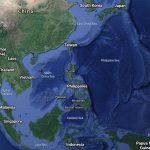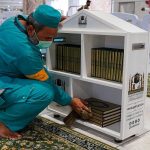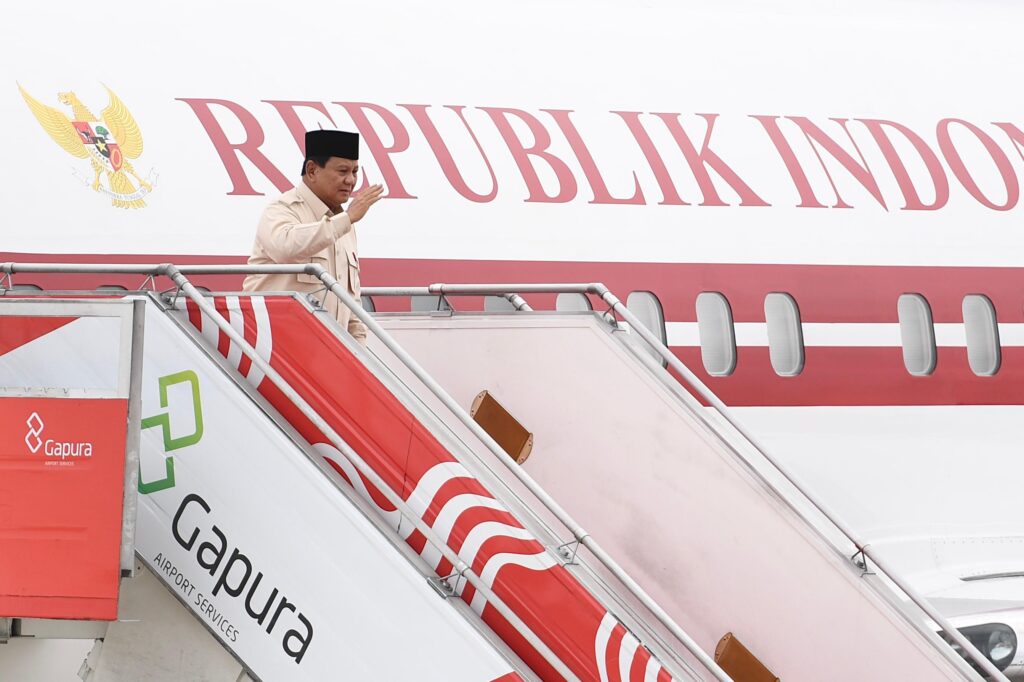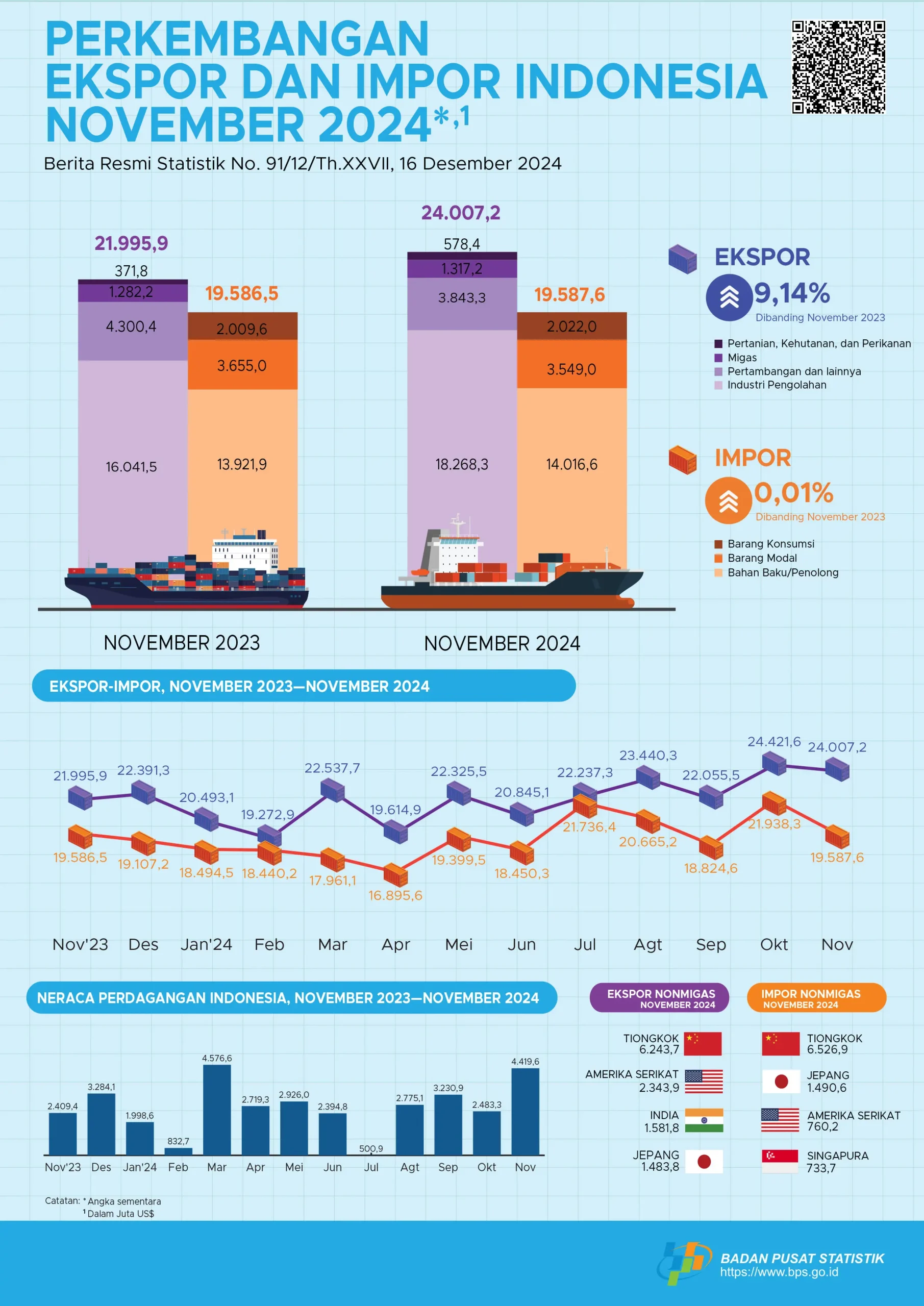News Focus – Betawi ethnic community anticipates future’s status of Jakarta as global, business city
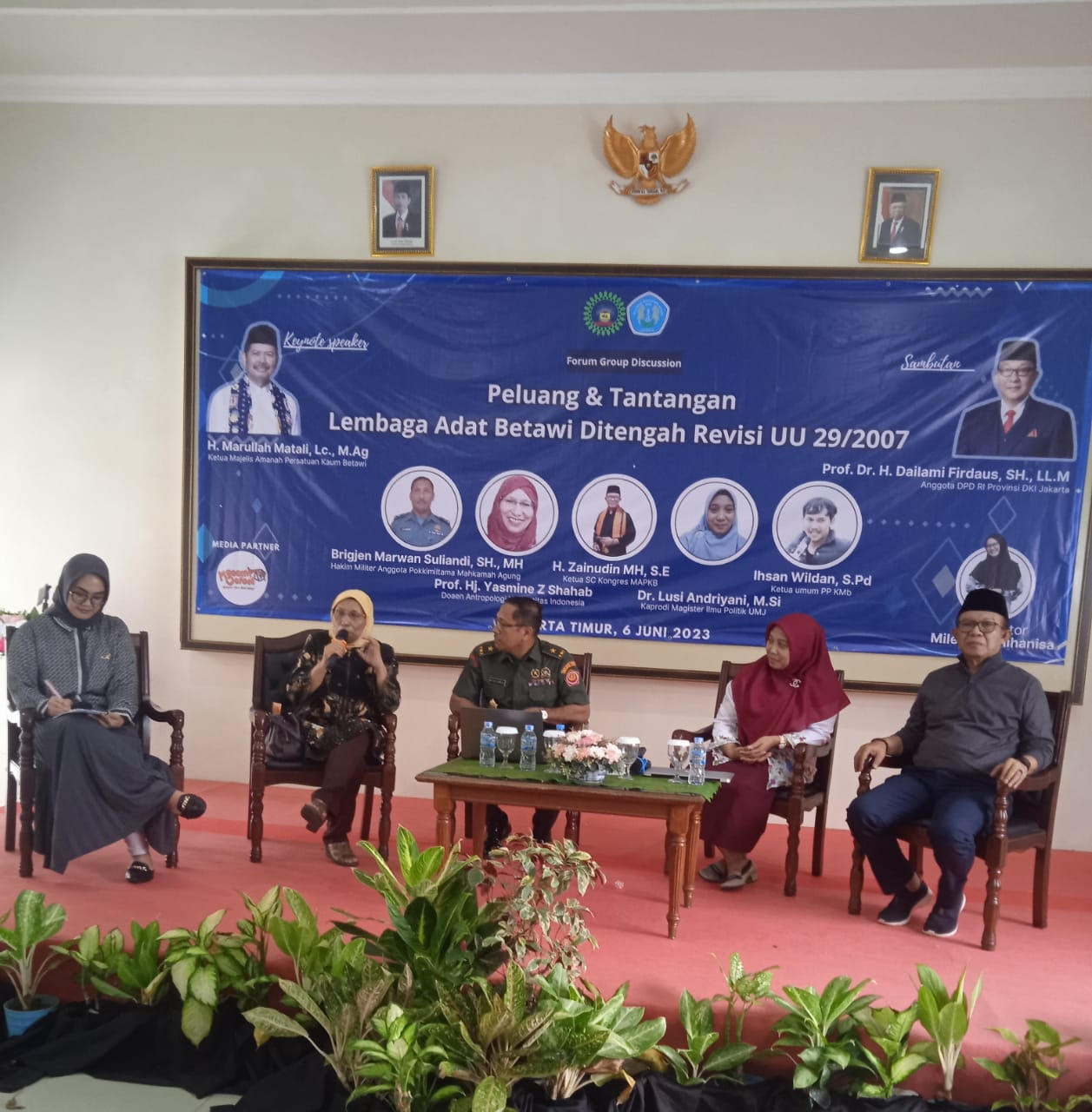
Jakarta currently has several projects including those in the transportation sector, namely the MRT (Mass Rapid Transit) and LRT (Light Rail Transit) developments.
By Mohammad Anthoni
Jakarta (Indonesia Window) – The planned movement of Indonesia’s new national capital from Jakarta (known as Betawi area) to North Penajam Paser district in East Kalimantan province is a legal matter.
Jakarta’s status as the nation’s capital is regulated in Law Number 29 of 2007 concerning the Provincial Government of the Special Capital Region of Jakarta and several other laws, such as the Law on Regional Government.
With the discourse of moving the capital would certainly bring legal implications for Jakarta in particular and the Indonesia state in general.
The 1945 Constitution of the Republic Indonesia states the capital, meaning that the existence of the capital city is very important from the legal aspect.
So the government must provide a legal umbrella regarding the movement of the capital. Some aspects that would incur implications of moving the capital are those on defense and security, geographical conditions, national security, environment and sustainable development.
There are several national projects in Jakarta in the transportation sector, for instance, namely the MRT (Mass Rapid Transit) and LRT (Light Rail Transit) projects. Even though it no longer holds the status as a capital city, strategic developments in Jakarta need to continue.
Speakers in a discussion under the theme ‘Opportunities and Challenges of Betawi Customary Institutions in the Middle of Law Revision Number 29 of 2007’ have expressed their agreement not to let the moving of the capital having an impact on the cessation of all development programs that have been planned and are taking place in Jakarta.
They said it is a reality that must be faced and addressed properly, and not to be complacent with what have been felt from Jakarta’s special status as the capital city.
The Betawi Student Community (KMB) in collaboration with the Center for Betawi Studies of As-Syafiiyah Islamic University held a focus group discussion (FGD) at the university which was attended by Senator of the Regional Representative Council (DPD) of the Republic of Indonesia, Prof. Dr Dailami Firdaus, Chairman of the Betawi People’s Union Mandate Council (MAPKB) Marullah Matali, a military judge members of the Supreme Court Pokkimiltama, Brigadier General (TNI) Marwan Suliandi; University of Indonesia Anthropologist, Yasmine Z Shahab; Chairman of the Steering Committee of the MAPKB Congress, Zainuddin, Head of Jakarta-based Muhammadyah University’s Master Political Science Study Program, Dr. Lusi Andriyani, and Director of the Center for the Betawi Studies of the As-Syafiiyah Islamic University, Yusen Hardiman.
A number of Betawi figures such as, Chairman of the Betawi Cultural Institute, Beky Mardani; Chairman of Forum Betawi Rempug, Lutfi Hakim Munir; Betawi culturalist, Yahya Andi Saputra; member of East Jakarta City Council, Yudhistira Tasli and Commissioner of PT Jakarta Tourisindo (JXB), Muhammad Ichwan Ridwan (Boim) also attended the discussion.
“This FGD will be part of a series of historical struggles of the Betawi people to progress and dignify until the inclusion of the Betawi Customary Institution in the Revision of Law Number 29 of 2007, as mandated by the 1945 Constitution Article 18 B,” said Prof. Dailami, who paid great attention to Jakarta after the ratification of Law Number 3/2022 on the State Capital.
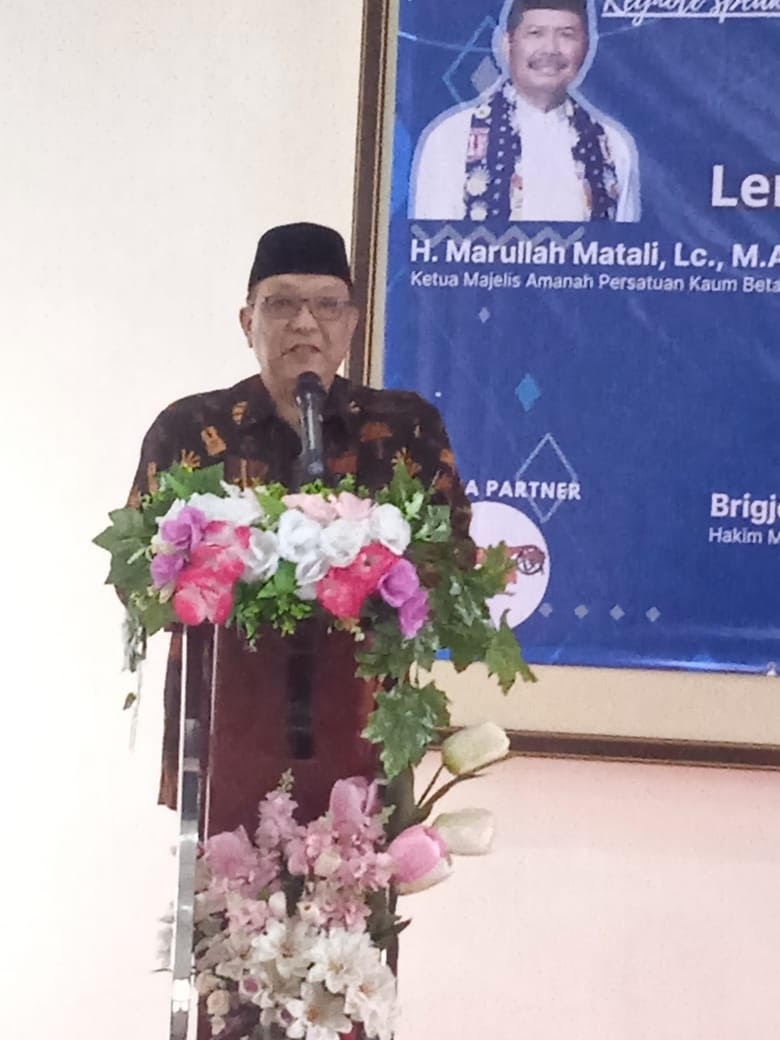
According to him, this cannot be underestimated because it is interrelated with each other and this is ‘our collective responsibility’.
“This struggle cannot be borne or carried individually but we must bear together and shoulder to shoulder and join hands in order to realize what we are fighting for, which is to advance and dignify the Betawi people as a whole and make Jakarta a cultured business city,” he explained.
“I also continue to encourage direct elections during regional elections and also the allocation of special funds for Jakarta in addition to the Profit Sharing Fund (DBH) for the advancement of Jakarta,” he said.
Chairman of the MAPKB, Marullah Matali, greatly appreciated the activities initiated by the Betawi youth.
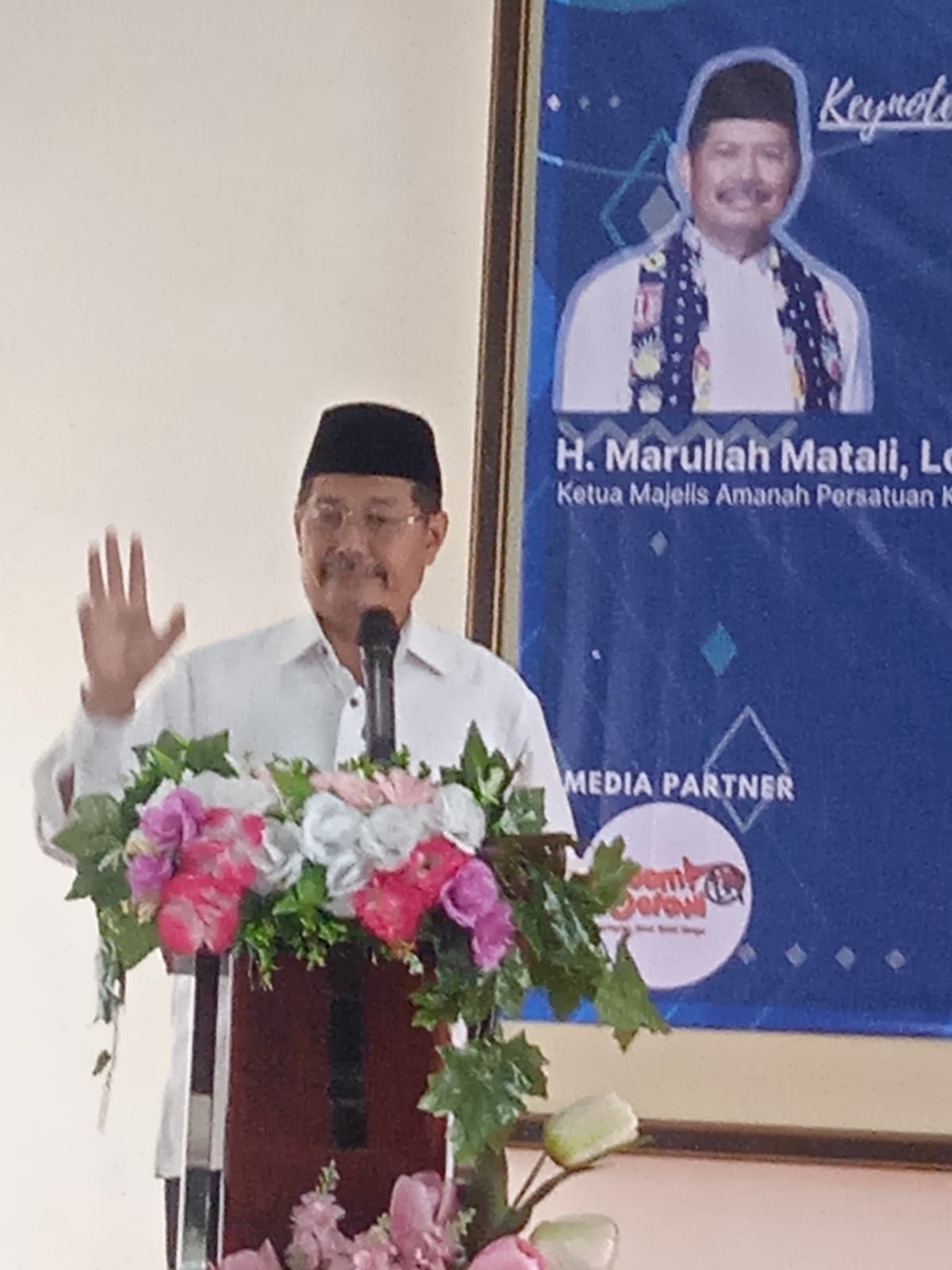
“KMB is great … It’s a breakthrough. There are challenges and opportunities. Especially, the relationship between Jakarta after not having the status of the capital city,” he said. “I hope Betawi ethnic will be the core community to make Jakarta as a dignified, developed and cultured global and business city,” he added.
“Betawi young generation need to prepare themselves as well as possible where Jakarta would be made a global and business city and if you remember the past Jakarta was founded by people who have kharomah (grace) so Betawi ypong people do not need to be pessimistic” Marullah said.
He stated that the council will encourage Betawi young people to become successors in the future.
Zainudin M.H, Chairman of the Steering Committee Congress of MAPKB said that since 500 AD Betawi has been known and referred to as the country of Betawi, even in the 17th century the Lingga kingdom also called the country of Betawi meaning that Betawi has been known for a long time.
Therefore, he said, his party proposed the need for the Betawi Customary Council in the government system based on the revision of Law 29/2007.
The Betawi Customary Council is presented as an indigenous institution that has consultation authority and can provide consideration to local governments.
Meanwhile, Prof. Yasmine Z. Shahab said that compared to the other ethnic groups, the Betawi people are not a category of rural but mainly urban people for the most residing in Jakarta.
The Betawi people are looked upon as a category of town’s people with a distinct set of cultural characteristic: language, religion, traditions, life style and history.
She hopes that Betawi young people not only think about their culture but also need to think about history where many monuments built in Jakarta meaning that a lot of history is made in this Betawi land.
“The influx through huge waves of migrants from all parts of Indonesia and abroad reduced their relative demographic importance,” she noted.
Since the 970s a remarkable change comes about. A real resurgence of Betawi cultural traditions was taking place through process of re-creation and re-invention.
According to Yasmine, this was a turning point in the evolutionary process of the Betawi cultural tradition ‘the Betawi Renaissance’.
Here are Betawi’s cultural examples can be found: Ondel-ondel and lenong. Ondel-ondel is an ancient Betawi’s art work named barongan, in simple shaped of one pair greater puppets, complete with the music companion.
At the beginning, ondel-ondel was part of Betawinese scared rituals then became one of Jakarta’s icons. Ondel-ondel can be found until today either in performing arts and a form of decoration elements.
Traditional Betawi theatre known as lenong has struggled to survive in the modern era as people show less and less interest in the stage play.
Lenong is believed to have been introduced in the 19th century and was influenced greatly by Chinese culture. It is accompanied by a traditional Betawi music ensemble, gambang kromong.
Lenong performers are trying to keep their art form alive by learning the preferences of modern society and applying numerous adjustment.
Dr. Lusi Andriyani, said that actually Betawi people have potential but are not shown, eventually they cannot appear on the surface. Even though this can grow and develop the tourism sector and the Betawi cultural and culinary economy.
“The existence of Betawi Cultural Preservation and Development must be strengthened in the revision of Law 29/2007, especially the institutional composition of Betawi must be strengthened,” she said.
In the globalization era, Lusi proposed that Betawi people build branding of patterns and programs to reach the targets.
Laporan: Redaksi
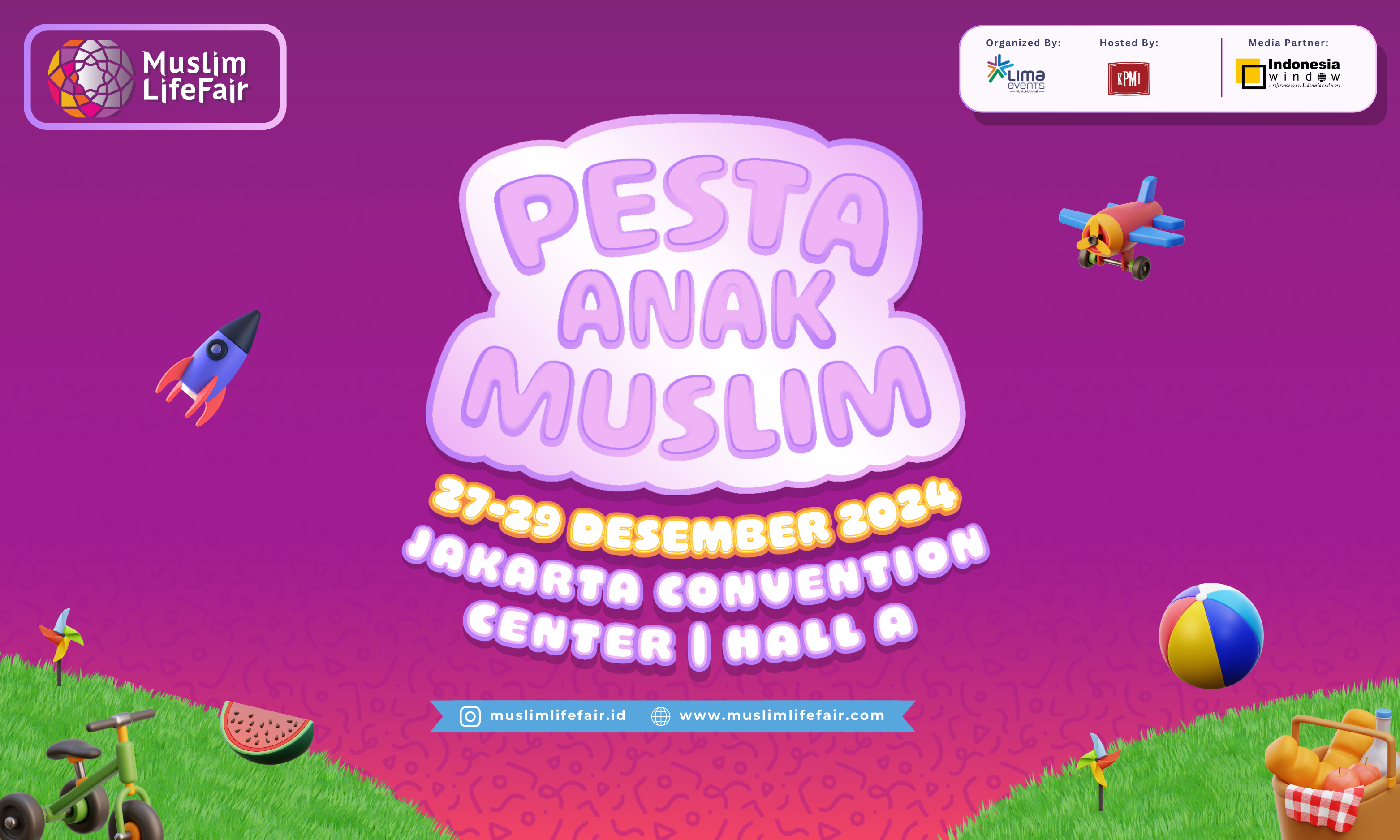
.jpg)

